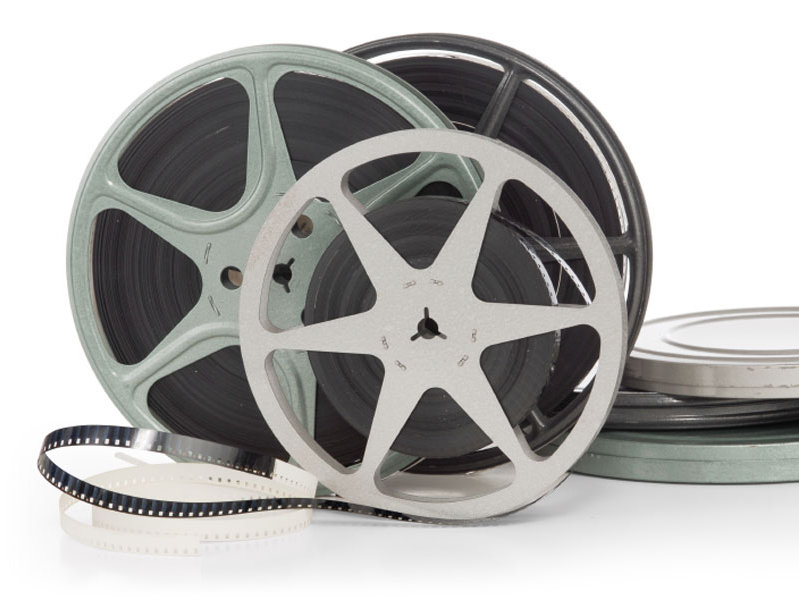No rushing is some of the best advice Milwaukee filmmaker Carlo Besasie can give to local, aspiring filmmakers. But like many of us, Besasie ignored his own advice and with the help of friends created the short film, "The Cherry Tree," in 3 ½ weeks.
Originally a submission piece for "On The Lot," a filmmaking competition and reality show produced by Steven Spielberg and Mark Burnett, the seven-minute film is a spoof of the show's admission process.
"Usually films take months and months of planning," Besasie says. "But the challenge of writing in that short period of time was part of the fun."
Despite the challenge of "The Cherry Tree's" speedy production, the 14-year filmmaker asserts that rushing is often counterproductive.
"One of the biggest mistakes, and one that I learned the hard way, is that people get so excited at the end of filming that they make the mistake of submitting the film as a work in progress," says Besasie. "Very rarely will these films be accepted. It is always best to put your best foot forward. If you have to wait and miss a submission deadline, that's OK, there are always more film festivals. Wait until your film is complete."
Another lesson that Besasie has learned in filmmaking is to make time for pre-production. He says that pre-production can be a money saver. It's a free way for the director to plan and prepare -- and prepare some more for the inevitable issues that arise during filming.
"Filmmaking is probably the wrong word," says Besasie. "I'd call it 'problem-solving.' Filmmakers should always be prepared and always have Plans A, B, and C, just in case."
Besasie says the film festival circuit is one of the best ways for a film to get noticed. His last film, "Wishtaker," toured 13 festivals and earned seven awards, which helped fund "The Cherry Tree." The awards are a way to catch the attention of investors for future films or get offered the opportunity to work on larger productions in California.
Even though California might be a big goal for many filmmakers, Besasie says that after working in L.A. every once awhile, the novelty of filmmaking at locations in Milwaukee and the Midwest makes staying here easier on the wallet.
"L.A. is great, but independent filmmaking is actually easier in Milwaukee and the Midwest," says Besasie. "L.A. is so savvy to the film industry that they require a lot of money for production permits and location fees. Here in the Midwest it is much, much easier because people find it interesting. The city makes it very easy and affordable and everybody is so friendly towards the process."
With the addition of the 5-year-old Milwaukee International Film Festival to the independent film scene in the area, Milwaukee filmmakers are garnering more acknowledgements for their work and establishing Milwaukee as the heart of filmmaking in the Midwest.
Besasie says that the film festival has allowed Milwaukee filmmakers to reach their peers, especially with events such as the Milwaukee Filmmaker Showcase, which was held Thursday night at the Oriental Theatre. The showcase featured 11 short films by local filmmakers in a 92-minute showing followed by a question and answer session with the directors and, of course, an after-party.
"Including a special segment for the hometown films has been exciting," says Besasie. "The last two years, the venue has been completely sold-out. The support has cemented that there is an audience in Milwaukee interested in seeing our films."
As for Besasie's whirlwind film, "The Cherry Tree" will be shown at the Milwaukee Filmmaker Showcase and the "Best Midwest Shorts" at 12:30 p.m. on Saturday, Sept. 29 at the Milwaukee Art Museum.



